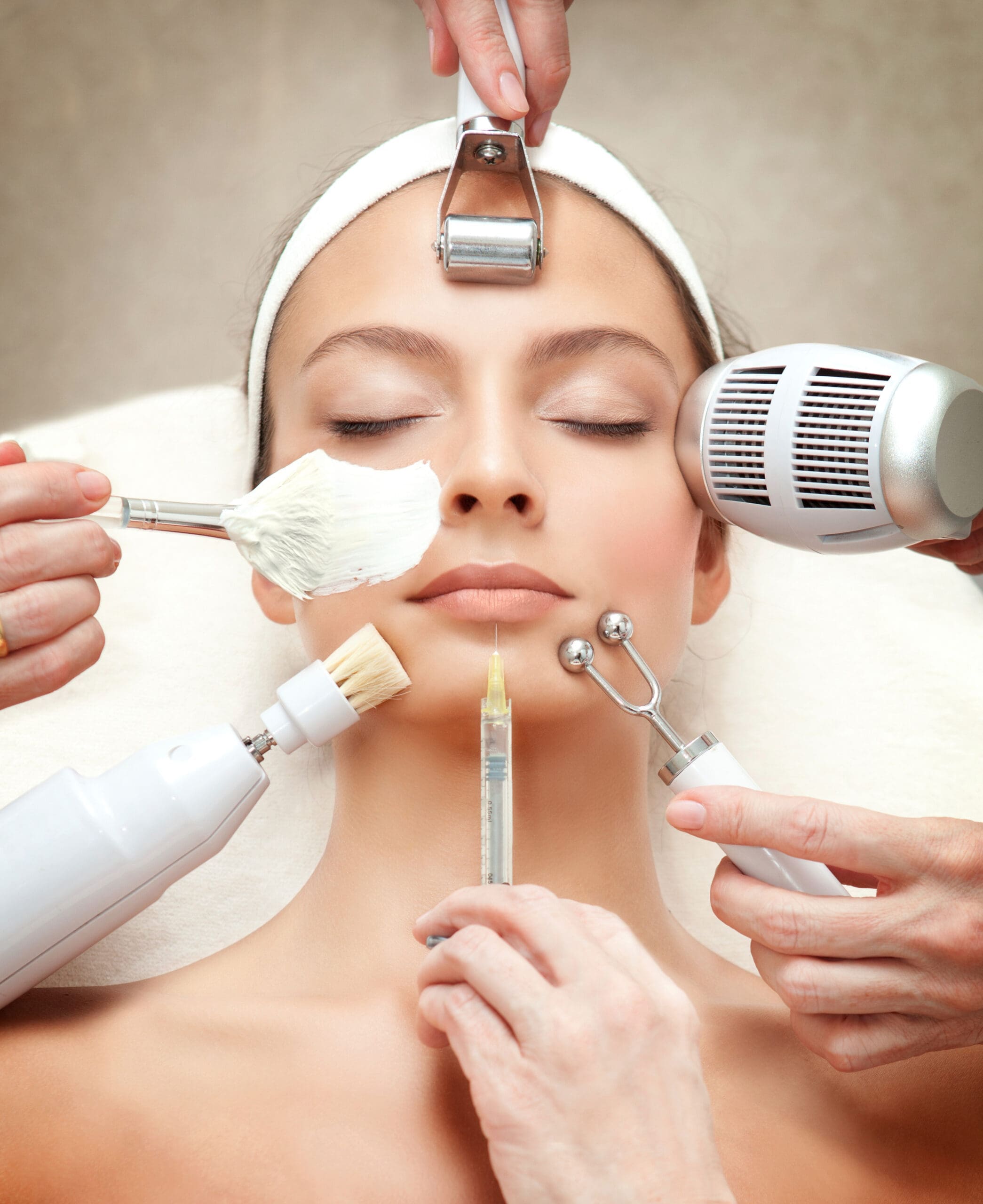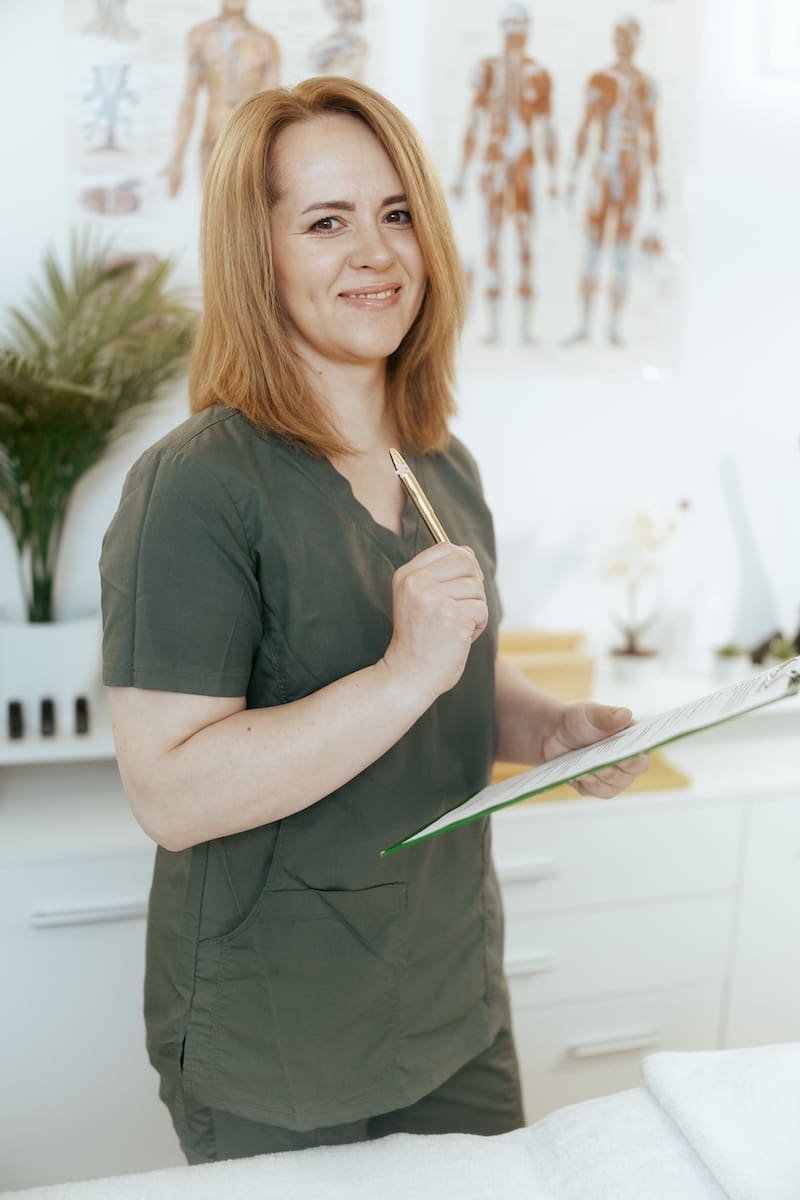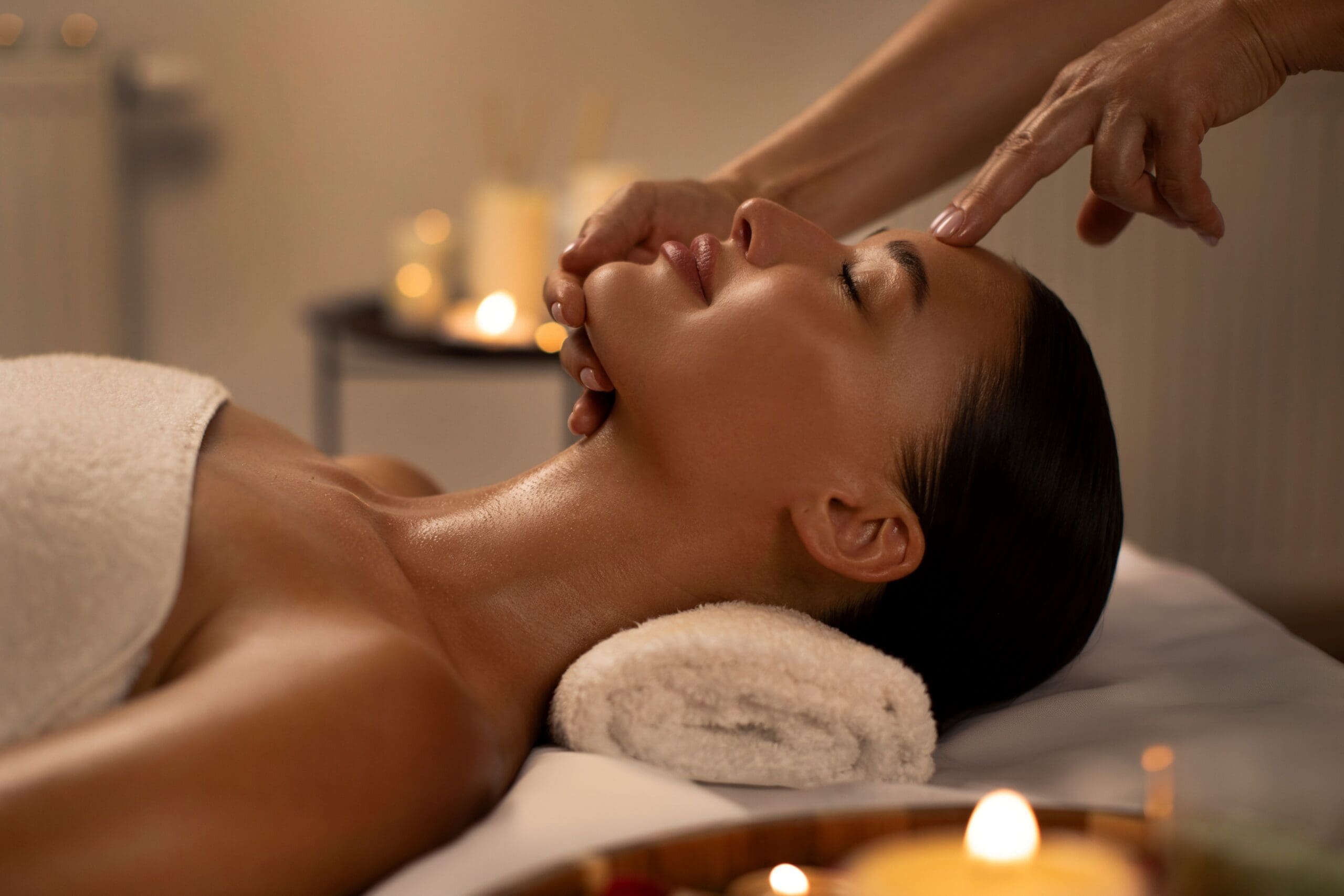What qualifications do I need to be a Beauty Therapist?
Everything you need to know about qualifications to become a Beauty Therapist
Are you passionate about beauty and eager to turn your interest into a rewarding career? Becoming a beauty therapist could be the perfect path for you. In today’s world, where self-care and wellness are more valued than ever, beauty therapists play an essential role in helping people look and feel their best. From skincare treatments to massage therapy, this profession offers a diverse range of services that cater to clients’ unique needs.
Embarking on this career not only allows you to indulge in your passion but also provides the opportunity for personal growth and job satisfaction. With the right training and qualifications, you’ll be equipped with the skills needed to excel in this dynamic industry. Whether you’re dreaming of working in a luxurious spa or envisioning running your own salon, becoming a beauty therapist opens doors to endless possibilities.
In this career guide, we’ll walk you through the steps necessary to start your journey and become a beauty therapist. We’ll explore essential qualifications, discuss various specialisations within the field, and provide tips on how to stand out in this competitive market. So if you’re ready to transform your passion into a thriving career, read on!
In this Beauty Therapist qualifications guide
Qualifications to be a Beauty Therapist
In today’s world, where self-care and personal grooming have become essential aspects of our daily routines, the demand for skilled beauty therapists continues to rise. But what does it take to become a qualified professional in this vibrant industry?
To begin with, acquiring the right qualifications is paramount. Enrolling in accredited courses that cover a broad spectrum of beauty treatments ensures you gain comprehensive knowledge and hands-on experience. From skincare techniques and massage therapy to advanced aesthetics, these courses are designed to equip you with the skills needed to excel.
Moreover, staying updated with industry trends and advancements is crucial for any aspiring beauty therapist. The field is constantly evolving with new technologies and techniques emerging regularly. By committing to continuous learning, you not only enhance your expertise but also increase your employability in this competitive market.
Ultimately, becoming a qualified Beauty Therapist requires dedication and passion for helping others look and feel their best. With the right training and mindset, you can build a rewarding career that not only meets but exceeds client expectations in delivering exceptional beauty experiences.
What qualifications are needed to be a Beauty Therapist?
Becoming a beauty therapist in the UK is an exciting career choice, offering a blend of creativity, skill, and client interaction. To ensure you are fully prepared for this rewarding profession, it’s important to understand the qualifications required at each level and what roles they entail.
Level 2 Beauty Therapy Qualifications
Starting with Level 2 qualifications, this is where most aspiring beauty therapists begin their journey. At this stage, you will typically obtain a Level 2 Diploma in Beauty Therapy. This foundational level equips you with essential skills such as facial treatments, waxing techniques, and basic manicure and pedicure services. It’s designed to provide a solid grounding in beauty therapy practices and customer care.
Level 3 Beauty Therapy Qualifications
Progressing to Level 3 opens up more advanced opportunities within the field. A Level 3 qualification often includes Diploma courses that cover more sophisticated treatments like massage therapies, electrical facial treatments, and advanced nail techniques. This level allows you to specialise further and enhances your ability to offer comprehensive client consultations.
Level 4 Beauty Therapy Qualifications
For those looking to reach the pinnacle of expertise in beauty therapy, pursuing a Level 4 qualification is an excellent choice. At this stage, courses such as an Advanced Beauty Therapy Diploma or Certificate are available. They focus on high-level skills including laser treatments and advanced aesthetic procedures like microdermabrasion or chemical peels. Holding a Level 4 qualification can significantly broaden your career prospects within clinics or even pave the way for managerial positions.
Each qualification level builds upon the previous one, ensuring that as you advance through your training, you’re not only expanding your technical abilities but also enhancing your understanding of client needs and industry standards. Whether you’re just starting out or aiming for high-level expertise in beauty therapy, these qualifications provide structured pathways towards achieving success in this dynamic industry.

Professional bodies for a Beauty Therapist
Joining a professional body is an essential step for any beauty therapist looking to enhance their career and credibility in the industry. These organisations offer a wealth of benefits that can significantly impact your professional journey. By becoming a member, you gain access to continuous professional development opportunities, which are crucial for staying updated with the latest trends and techniques in beauty therapy.
Moreover, being part of a professional body often means you can benefit from networking opportunities that connect you with other like-minded professionals. This not only broadens your knowledge but also opens doors to potential collaborations or job opportunities. Additionally, many of these bodies provide resources such as industry news, best practice guidelines, and even legal advice, ensuring you’re always informed and protected.
Another compelling reason to join is the credibility it adds to your profile. Clients tend to trust therapists affiliated with recognised organisations more readily, as it assures them of a certain standard of service and professionalism. In essence, joining a professional body is not just about enhancing your skills; it’s about positioning yourself as a committed and credible beauty therapist in an ever-evolving industry.
Training fees to become a Beauty Therapist
When considering a career as a Beauty Therapist, understanding the financial investment required for training is crucial. The costs associated with training fees can vary depending on the level of qualification you pursue – Level 2, Level 3, or Level 4.
At Level 2, which provides the foundational skills necessary for entry into the beauty industry, training fees typically range from £1,500 to £3,000. This level covers essential techniques and client care practices that form the bedrock of any successful beauty therapy career.
Advancing to Level 3 involves more specialised skills and knowledge, often including advanced facial techniques and body treatments. Training fees at this level usually fall between £2,500 and £4,000. This investment not only enriches your skill set but also enhances your employability in a competitive market.
For those aiming to reach the pinnacle of expertise with a Level 4 qualification – which may cover laser treatments and other advanced therapies – the costs can be significantly higher. Expect to pay between £3,500 and £5,000. However daunting these figures might seem initially, it’s important to view them as an investment in your future earning potential and career satisfaction.
In conclusion, while training fees for becoming a Beauty Therapist require careful consideration and planning, they are an essential step towards building a rewarding career in this vibrant industry. By choosing the right level of qualification tailored to your aspirations and budgetary constraints, you set yourself on a path towards professional success and personal fulfilment.

Getting experience to be a Beauty Therapist
Becoming a beauty therapist is an exciting career choice, but gaining the right experience is crucial for success in this competitive field. Whether you’re just starting out or looking to enhance your skills, hands-on experience is invaluable. One of the most effective ways to gain this experience is through work placements or internships at salons and spas. These opportunities allow you to learn directly from seasoned professionals, understand client needs, and develop your technique in a real-world setting.
Additionally, volunteering at local beauty events or offering services within your community can provide practical exposure while helping you build a portfolio. This not only enhances your skills but also demonstrates initiative and passion to potential employers.
It’s also worth considering part-time roles that might be available at beauty counters or as assistants in salons. These positions can give you insight into customer service and product knowledge – key components of being a successful beauty therapist.
Remember, continuous learning is vital in this industry. Attending workshops and pursuing further qualifications can keep you up-to-date with the latest trends and techniques, ensuring that your skill set remains relevant and desirable.
By actively seeking out diverse experiences and continuously honing your craft, you’ll be well on your way to establishing yourself as a competent and confident beauty therapist.



